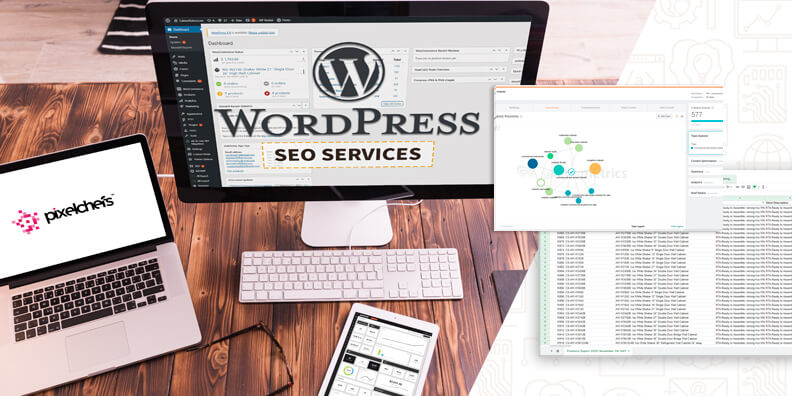
In today’s digital landscape, maintaining a well-optimized website is crucial for staying competitive. For WordPress users, conducting regular SEO audits is essential for ensuring that their site remains visible, user-friendly, and in line with search engine requirements. Here are some key reasons why regular SEO audits for your WordPress site are important:
1. Improved Search Engine Rankings
Search engine algorithms, such as Google’s, are constantly evolving. Regular SEO audits help identify issues that could be harming your rankings, such as outdated plugins, broken links, or poor page load speeds. By addressing these, you ensure that your site is more likely to appear higher in search results, attracting more visitors.
2. Maintaining Site Performance
A WordPress site can become sluggish over time due to increased content, outdated themes, or under-optimized images. An SEO audit uncovers performance-related issues like slow loading times, which can negatively impact both user experience and search rankings. Fixing these problems enhances your site’s speed, resulting in better user engagement and improved SEO.
3. Enhancing User Experience (UX)
A good user experience is directly tied to how well your website performs in search engine rankings. SEO audits focus on mobile-friendliness, navigation, content quality, and internal linking—all factors that affect the user’s journey. Enhancing UX through regular audits keeps visitors engaged, reduces bounce rates, and increases conversions.
4. Content Optimization
Over time, content can become outdated or lose its relevance. Regular SEO audits ensure that your content remains fresh and optimized for your target keywords. This includes updating old blog posts, adding new internal links, and ensuring that meta descriptions and alt texts are well-optimized. Updated content is more likely to rank higher and attract consistent traffic.
5. Identifying Technical Issues
SEO audits reveal technical issues that can otherwise go unnoticed, such as crawl errors, 404 pages, or security vulnerabilities. These technical problems can harm your site’s reputation and performance. Regular audits allow you to quickly address these issues, keeping your website secure and running smoothly.
6. Keeping Up with SEO Trends
SEO best practices are constantly changing. Regular audits allow you to stay ahead of these shifts by identifying opportunities to improve your site according to new SEO trends. For example, optimizing for voice search or using structured data (schema) can improve your visibility in search results.
7. Maximizing ROI
Investing time and resources in regular SEO audits helps ensure that your SEO strategy is working effectively. By identifying areas that need improvement, you can refine your approach and maximize the return on your SEO efforts. This leads to more organic traffic, higher engagement, and increased conversions—directly impacting your bottom line.
Conclusion
Regular WordPress SEO Audits are essential for maintaining a healthy, high-performing website. They help improve search rankings, enhance user experience, optimize content, and resolve technical issues. By consistently auditing your site, you stay ahead of the competition and ensure long-term success for your online presence.
